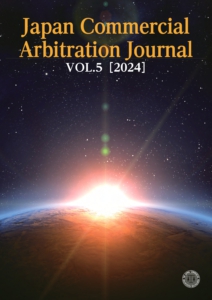ILA Committee on Conflict-of-Laws Issues in International Arbitration: First Webinar on 18 February 2025
This post was written by Lukas Petschning, University of Vienna.
Conflict of laws is one of the most complex and disputed subject areas in international arbitration. An abundance of academic works has examined the issue and proposed widely diverging solutions. Yet, these studies frequently focus on isolated issues and lack overall consistency. Equally, they are often overly theoretical, lacking practical guidance useful to the average arbitrator or judge.
Forging a path toward more legal certainty, the International Law Association has established a new Committee on Conflict-of-Laws Issues in International Arbitration. It is chaired by Dr Nikolaus Pitkowitz and Ms Wendy Lin, with Professor Matthias Lehmann and Dr Mariel Dimsey acting as co-rapporteurs.


